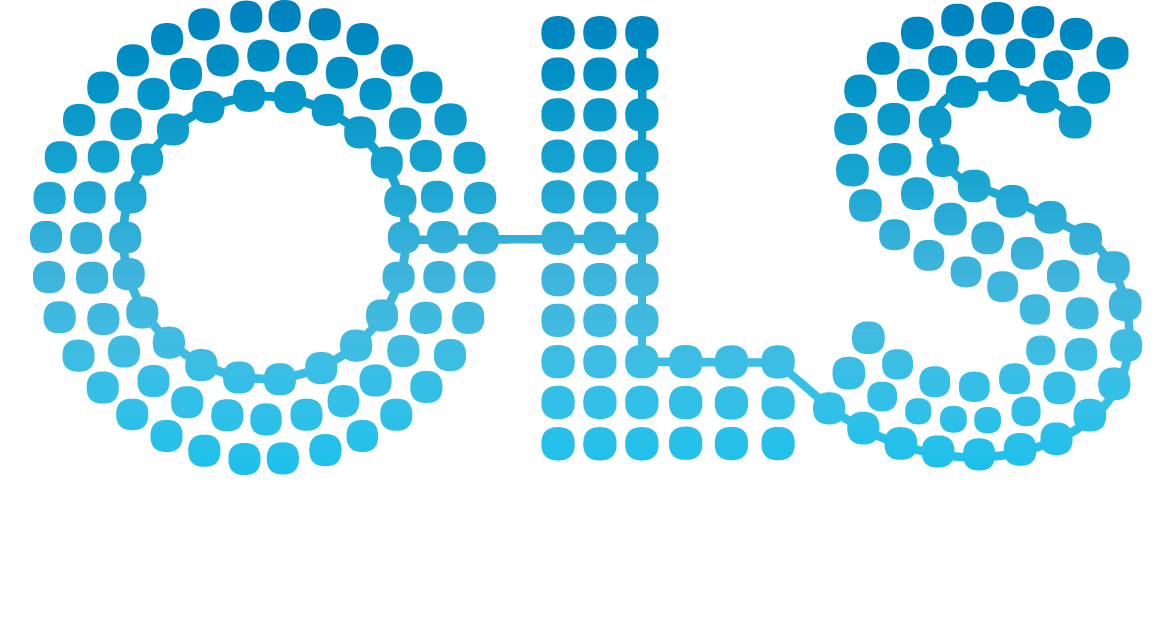|
Hispanic
|
ExO_0000145 |
[A person of Cuban, Mexican, Puerto Rican, South or Central American, or other Spanish culture or origin, regardless of race.] |
|
Guamanian
|
ExO_0000144 |
[Denotes inhabitants of Guam, an island in the North Pacific Ocean, about three-quarters of the way from Hawaii to the Philippines, south of the Northern Mariana Islands.] |
|
Asian Indian
|
ExO_0000136 |
[A person having origins in the original peoples of the Indian sub-continent.] |
|
Asian
|
ExO_0000135 |
[A person having origins in any of the original peoples of the Far East, Southeast Asia, or the Indian subcontinent, including for example, Cambodia, China, India, Japan, Korea, Malaysia, Pakistan, the Philippine Islands, Thailand, and Vietnam.] |
|
Chicano
|
ExO_0000138 |
[A term sometimes used interchangeably with Mexican-American to denote an American citizen of Mexican decent. The term is a chosen identity of some Mexican-Americans in the United States.] |
|
ZAP70
|
OGG_3000007535 |
|
|
Central or South American
|
ExO_0000137 |
[A person of Central or South American culture or origin.] |
|
PLP1
|
OGG_3000005354 |
|
|
Chinese
|
ExO_0000139 |
[A person having origins in any of the original peoples of China.] |
|
LPL
|
OGG_3000004023 |
|
|
Alzheimer's Disease Assessment Scale-Cognitive CDISC Version Questionnaire
|
NCIT_C100762 |
[The CDISC version of the Alzheimer's Disease Assessment Scale-Cognitive (CDISC ADAS-Cog) containing 15 summary-level tests. This version is based on combining the total pool of ADAS-Cog tests that were observed during a review of multiple case report forms administered in clinical trials of Alzheimer's disease, as well as the CRF administered in the Alzheimer's Disease Neuroimaging Initiative (ADNI) observational study. (Modified from Mohs RC, Rosen WG, Davis KL. The Alzheimer's disease assessment scale: an instrument for assessing treatment efficacy. Psychopharmacol Bull 1983;19(3):448-450. Rosen WG, Mohs RC, Davis KL. A new rating scale for Alzheimer's disease. Am J Psychiatry 1984;141(11):1356-1364. Mohs RC, Knopman D, Petersen RC et al. Development of cognitive instruments for use in clinical trials of antidementia drugs: additions to the Alzheimer's Disease Assessment Scale that broaden its scope. The Alzheimer's Disease Cooperative Study. Alzheimer Dis Assoc Disord 1997;11 Suppl 2:S13-S21. Wouters H, van Gool WA, Schmand B, Lindeboom R. Revising the ADAS-cog for a more accurate assessment of cognitive impairment. Alzheimer Dis Assoc Disord 2008;22(3):236-244.).] |
|
CASP12
|
OGG_3100506742 |
|
|
Chemokine
|
FMA_241981 |
|
|
Cytokine
|
FMA_84050 |
|
|
neocortex
|
UBERON_0001950 |
[An area of cerebral cortex defined on the basis of cytoarchitecture that have six layers. Starting from the cortical surface the layers are: molecular layer (I), external granular layer (II), external pyramidal layer (III), internal granular layer (IV), internal pyramidal layer (V), and multiform layer (VI). Neocortex is most prominent in the frontal lobe, the parietal lobe, the temporal lobe and the occipital lobe, less so in the cingulate gyrus, the parahippocampal gyrus and the insula. It is composed of two subdivisions: true isocortex and proisocortex (Carpenter-83)(NN).] |
|
protein myristoylation
|
GO_0018377 |
[The covalent attachment of a myristoyl group to a protein.] |
|
African American
|
ExO_0000132 |
[A person having origins in any of the Black racial groups of Africa. Terms such as "Haitian" or "Negro" can be used in addition to "Black or African American".] |
|
American Indian
|
ExO_0000134 |
[Denotes a person having origins in one of the indigenous peoples of North America, who lived on the continent prior to the European colonization. The term includes individuals belonging to a large number of tribes, states, and ethnic groups, many of them still enduring as communities.] |
|
Alaska Native
|
ExO_0000133 |
[Denotes a person having origins in any indigenous people of Alaska and their descendants and who maintains tribal affiliation, or community or cultural attachment. The concept refers to population subgroups such as Eskimos, Aleuts, Inupiat, Yupik, Alutiiq, Egegik,and Pribilovian, Alaskan Athabascan, Tlingit, and Haida. The concept refers also to individuals who classify themselves as such.] |
|
SPHK1
|
OGG_3000008877 |
|
